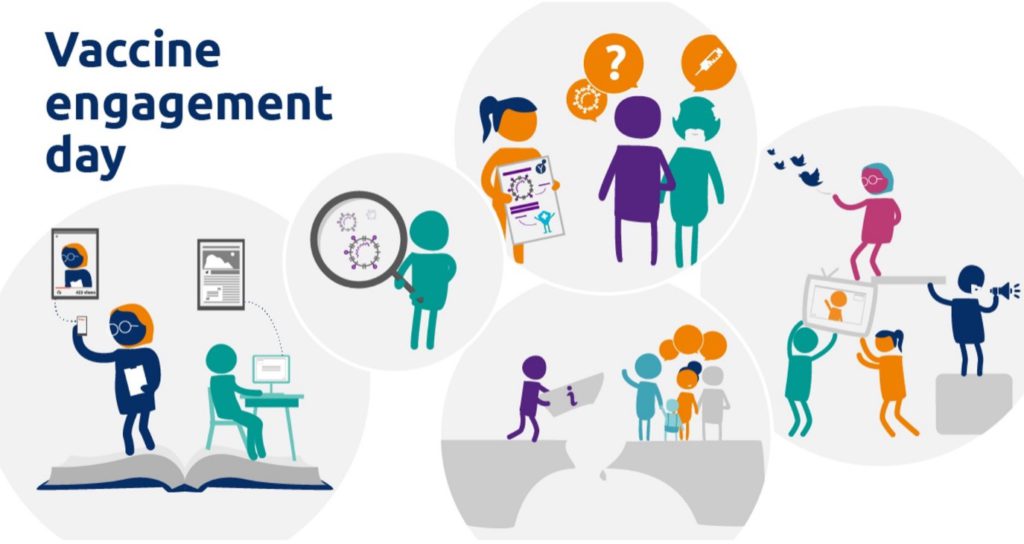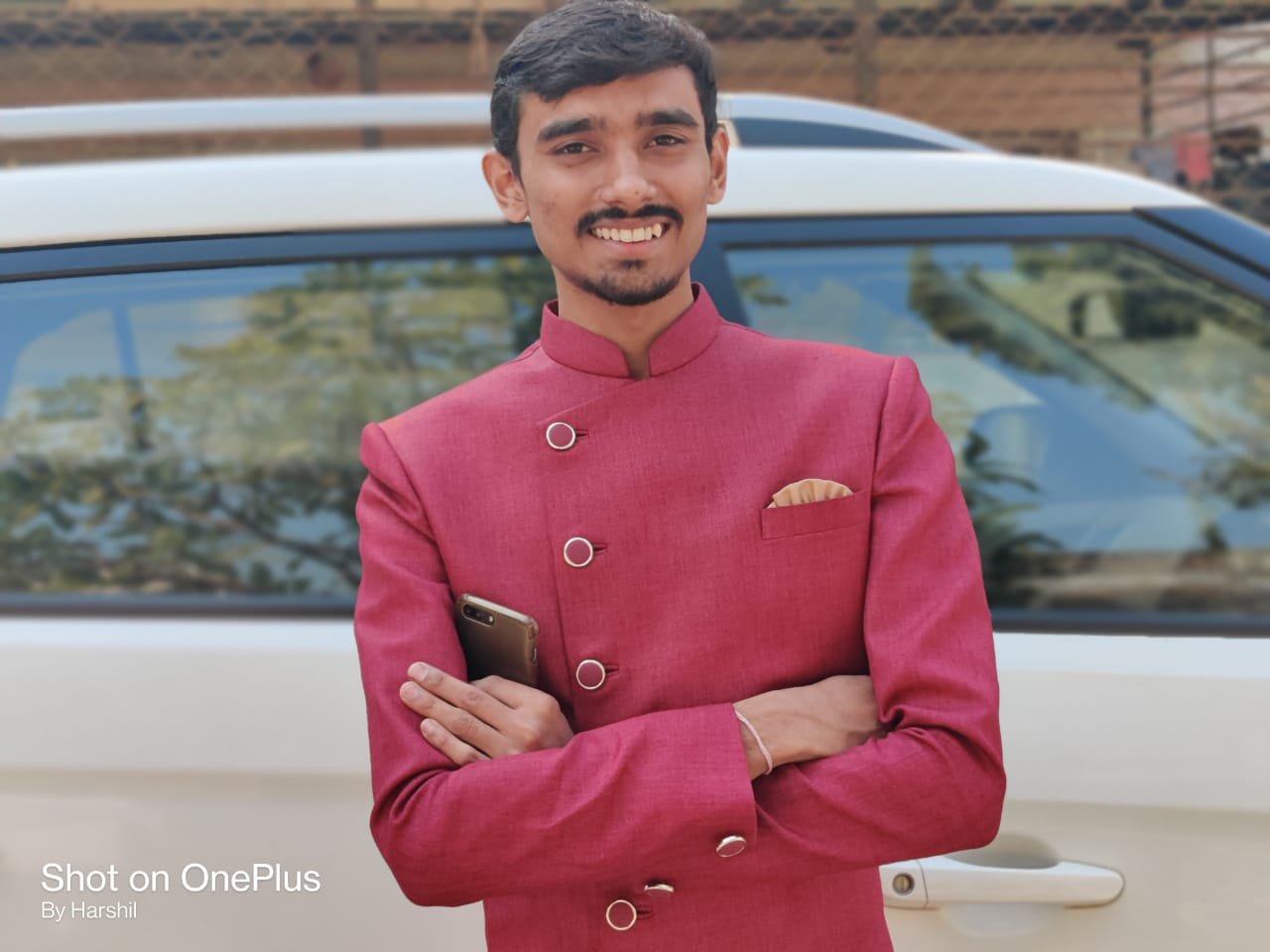strengthen vaccine confidence through civic engagement

The COVID19 pandemic is far from over. Globally, the public health experts are asking to take precautions and follow Covid Appropriate Behaviour (CAB). The world is continuously anticipating and preparing for the third wave of resistance to the Novel Coronavirus.
After the second wave, bureaucrats and administrators have a supply of medical equipment and oxygen concentrators that is twice as large. In the case of India, the billion-plus population, numerous states, and more than 250+ cities are currently focusing on vaccination efforts for preparedness, response, and cure.
With more than 100 million people living inside the country’s borders, the supply chain for vaccinations is critical. It is a mammoth challenge to connect the last mile with the last village for a single dosage of vaccination. The government is paying close attention to vaccination campaigns and giving the necessary support to each area.
Recently European Commission stressed the importance of getting vaccinated.
Vaccine saves life
UNICEF global highlights that “Vaccines save millions of lives each year. The development of safe and effective COVID-19 vaccines is a huge step forward in our global effort to end the pandemic and to get back to doing more of the things we enjoy with the people we love. “
COVID-19 vaccines offer hope. However, it is important to remember that preventive measures such as physical distancing, masks, and hand hygiene should continue after vaccination.
Recently, India saw the greatest vaccine dose obtaining, which is even double the total number of residents than Australia. This country is spread out in all ways, and despite the government’s best efforts, there are still individuals who refuse to be vaccinated, putting residents’ health in danger.
The efforts from MoHFW
Some forbidden ideas, orthodox attitudes, and bad energies are luring residents away from the protection of covid 19. At the moment, only adult citizens are eligible for immunizations. However, citizen participation is required to link the lowest tier group who are unwilling to take this step.
Four major parts of the plan have been created to assist the rollout and launch of prior national vaccination programmes
- Advocacy
Advocacy initiatives will try to engage as many individuals as possible by highlighting the benefits of the COVID-19 vaccination and providing assistance in creating an enabling environment. The advocacy efforts will be led by a variety of stakeholders and professionals at the national, state, and district levels.
- Capacity building for key stakeholders
Because the COVID-19 vaccine is new, it will be critical to orient and teach all stakeholders who will be in charge of implementing communications efforts in both urban and rural regions. Communications training will be conducted in accordance with the training modules created to plan and implement communications activities at all levels.
- Media and engagement on social media
For the COVID-19 Vaccination Rollout, the media and social media will be essential in shaping and influencing public perception. Media participation will include actions at the national, state, and district levels, as well as efforts tailored to distinct audience segments in each of the three stages – pre-vaccine introduction, during vaccine rollout, and after vaccine introduction.
- Social mobilization & community engagement
Risk communication and community participation will be the focus of social mobilisation efforts. It will respond to community and healthcare professional impressions of the COVID-19 vaccinations, ensuring that all individuals accurately perceive and comprehend the immunisation process and act appropriately.
This reminds us of the age when the polio campaign was launched, and within a few years, this country had empowered the social disease and defeated polio. Simultaneously, despite the government’s enormous efforts, residents are not engaged enough to receive their jab. Citizen participation in covid vaccination, beginning at the community level, will not only motivate people but will also result in success rates and health improvements for them.
Reaching out to RWAs is the Key
The ward-level committee, linking RWA’s board members, door to door in person checking, coming up with a range of nudges to increase their involvement, recognizing and rewarding them will result in a higher conversion ratio. “MERA AADHAR, MERA VACCINE” and other grassroots campaigns will not only activate citizens’ mindsets but will also remove negative thoughts and misconceptions.
The government is pushing anti-covid campaigns through numerous channels and ways of communication. As citizens, the ball is now in our court. It is up to us as a community to determine whether or not the people next door have had their vaccine. The government is playing a big part, and it is now our duty to translate these efforts into milestones and achieve this track of vaccination.

Similarly, to a political party, developing a huge database of the area president for each ward and their committee leading to the area’s win, for vaccination must be done through a linkage with RWA. The RWA for each lane will ensure that the person next door does the jabbed or not! The Vaccination VOLUNTEER is an urgent necessity, and the last person in the final apartment will only acquire a vaccine through this RWA volunteer method, where a tiny group of individuals who truly trust the next door will bring forth the best possible results.
Building public trust in vaccination needs priority
Building public trust in vaccination, several districts have already achieved a 100 per cent success rate by giving at least the first dose of vaccine to their residents. Small towns and villages are more focused on vaccines, and their participation in this activity is impressive; nevertheless, major metro cities and metropolitan regions are increasing at a constant rate. This has to be improved; we, as regular citizens, will need to band together on a common platform and fight for vaccine barriers by engaging citizens enough. Only those outcomes will be joyful and productive for residents’ future health.
The ministry of health, family, and welfare is already contributing 100 per cent to expanding this campaign to a larger scale, and the country has recently seen 100 crores of doses sent to the nation in the shortest time feasible. The challenge now is to watch their second dose within the timeframe of probable days in which they are taking, since the earlier dosage may rise up with the peers’ pressure and the campaign, but the second attempts must be bold and substantial enough to connect directly.

